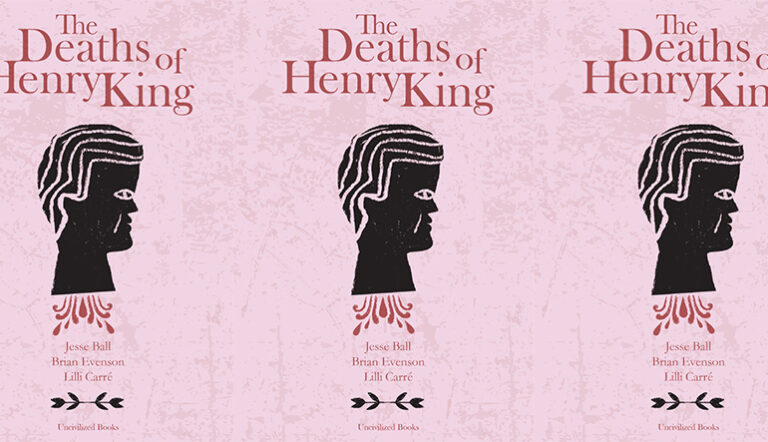Liber Interruptus

For years, I finished every book I started. Short collections, slim volumes of poetry, novels fat with lyricism, the latest tome from Neal Stephenson—I soldiered through them all. Then, a few years out of grad school, on my morning bus ride to work, I found myself falling asleep in the same three paragraph stretch of a short, award-winning novel, waking up and trying to reread it, and falling asleep again. That book—a book my writer friends raved about—put me to sleep three times before I gave up on it. It was the first book I had stopped reading that I could remember, and it felt incredible.
Juliet Lapidos, writing for The Atlantic, argues that a reader should finish every book she starts. Lapidos proposes three reasons for continuing to read a book even when you’re dying to put it down:
- Pleasure. Because some books are late bloomers. “I can’t count how many novels have bored me for a hundred or even two hundred pages,” she writes, “only to later amaze me with their brilliance.”
- Fortitude. Because it’s a sign of strength to finish a novel you hate. “[Reading Atonement] built up my ability to endure intellectual anguish—something I need in my job as an editor,” Lapidos writes. “This essay is terrible, I think to myself, but I got through Atonement. I can get through anything.”
- Respect. Because somebody worked hard to write that book you hate, and literary people support writers. My favorite zinger from the Lapidos piece: “Starting, but not finishing, books is one step above saying, ‘Oh yeah, I’ve heard of that author.’”
I support Lapidos’s project; most people do stop reading books too easily, and they’re likely depriving themselves of the pleasure of completing them. What bothers me about her argument, however, is that it assumes that difficult books often end up being rewarding (sometimes they don’t), that finishing bad books builds character (this seems draconian), and that just because a writer finished a book, their endeavor is worthy of respect (guess how many storybooks Donald Trump has written).
There must be a middle way. I talked to friends and coworkers about why they stop reading books—without exception, all of them did—and I think we can complicate Lapidos’s argument a bit.
When a book is just too hard
I try to read at least one project book a summer. I’ve enjoyed Moby Dick, Infinite Jest, and Underworld, but I met my match in Bertrand Russell’s A History of Western Philosophy. In hindsight, I don’t know why I even tried—I’ve always struggled with philosophy. I tried hard with Russell for a month and never made it past the Greeks. Ditch it when it’s an irredeemable slog with no hope in sight. Keep reading when you can, if only charitably, imagine the trek being worth it. I forced myself through David Copperfield and it turned into one of the foundational reading experiences of my life. Bertrand Russell, not so much.
When it’s just not your thing
My friend Alex stopped reading Ernest Cline’s Ready Player One because its attitude toward its female characters incensed her. A high school friend’s sister wanted to like Still Life with Woodpecker but “never got much traction” and couldn’t get into it. Ditch it if you have no access point, no way to enter into enjoyment or understanding. Keep reading when you’re in the mood to stretch your reading muscles with something new. Or if you’re the kind of person who likes to hate-read books you’re ideologically opposed to.
When life gets in the way
Sometimes you start a book and then you have to return it to the library. Or your kid gets sick. Or you leave it on a plane and realize you don’t care enough to pick up a new copy. My friend got 75 pages into DeLillo’s Libra on a plane then got caught up in other stuff. He didn’t remember enough to pick it up where he left off, and the density of the beginning made him hesitant to start over. These things happen. Ditch it if you’re reading (and finishing) books you care more about. Keep reading if you’re casting around for a book to read and you have an unfinished one on your list.
When a book is bad
Sometimes a book just really sucks. Even Lapidos admits that you should stop reading a book “if it’s so bad that the reader needn’t respect the author and would possibly get dumber by going forward.” Ditch it if you can feel your brain cells dying. Keep reading if you’re stuck with it on a plane, or if you’re traveling abroad and it’s the only English book you have. Or if your friend wrote it, in which case you’re going to read it, buy them a drink, and tell them how much you loved it.
What was the last book you stopped reading? How did you convince yourself to walk away?


